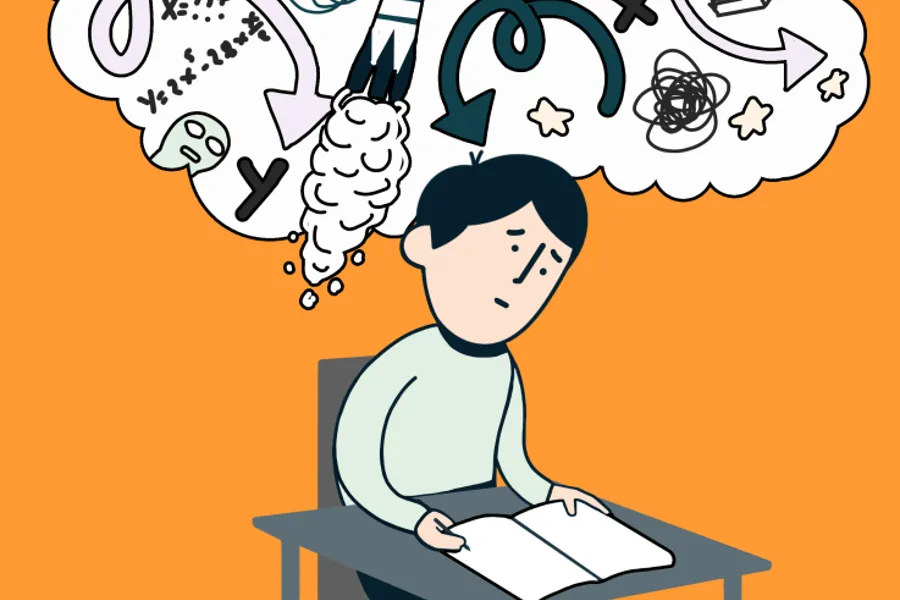ADHD
Work package H3 ADHD is led by Lisbeth Sandtorv from Helse Bergen. PhD candidate Maren Storetvedt works together with researchers, content developers, clinicians and a resource group from the Division of Mental Health Services for Children and Adolescents in Bergen Regional Health Authority to develop, test and evaluate the digital treatment and self-help intervention.

Attention Deficit Hyperactivity Disorder (ADHD) is a neurodevelopmental disorder that you live with, and thus requires you to find good coping strategies for yourself throughout your life. This disorder is found in children, adolescents and adults, and in all genders. At present, more boys than girls are diagnosed with this disorder. The core symptoms of ADHD are attention difficulties, impulsivity and hyperactivity, and these can occur to varying degrees between individuals. These core symptoms are reflected in various difficulties in life. Some people are easily distracted, some find it difficult to get started on tasks, while others experience racing thoughts or body anxiety. Many also experience emotional and social difficulties, or more general behavioral or physical difficulties. These challenges can be expressed in different ways throughout life.
In UngMeistrings work package H3 ADHD, we will develop a coping tool that will help young people between the ages of 13 and 15 to understand and manage the challenges associated with their ADHD. Through knowledge-based user participation, we will investigate how young people experience their everyday life with ADHD, what makes everyday life difficult, and what they would like help with in order to experience coping with their ADHD. We will also investigate the experiences of those who are supposed to help, and of parents of young people with ADHD.
The aim of the digital treatment and self-help intervention, which we will develop and make available via www.ung.no, is to provide increased knowledge and understanding of ADHD to people diagnosed with this condition and to their relatives. Through the program, we want young people to experience reduced symptoms of ADHD in everyday life, and thus better functioning in everyday life, better well-being and coping. We want to prevent the development of additional difficulties, and that the young people can learn to use resources in the best possible way. We will investigate this by involving users along the way with user testing, and we will conduct a clinical efficacy study of the digital treatment during spring 2024.